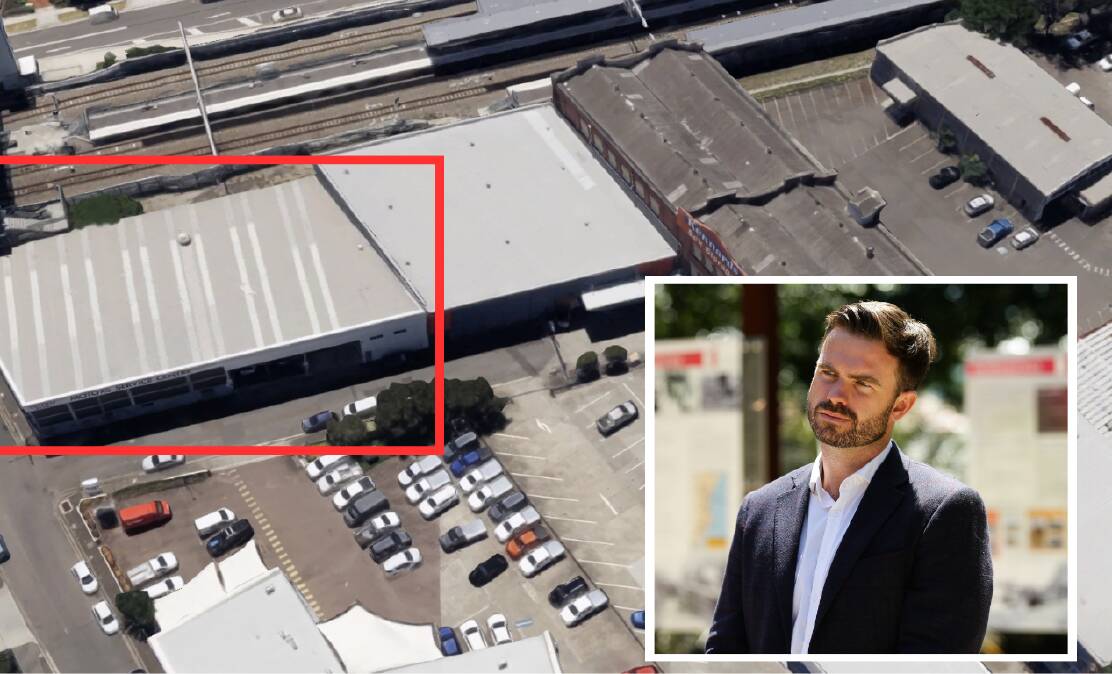An eleventh hour intervention on a seven-storey car park plan has potentially saved the Newcastle light rail expansion and provided the key to unlock hundreds of affordable homes.
An appeal to the NSW Land and Environment Court for the 145-space car park proposal at 4 Tighe Street, Newcastle West has been withdrawn and a confidential agreement struck between the developer and Transport for NSW.
While both parties remained tight-lipped about details of the agreement, the move has been heralded as a sign that Transport for NSW is more serious than ever about extending the light rail west towards Broadmeadow.
The Newcastle Herald reported in July that Transport for NSW would back City of Newcastle in its court battle with the developer. The council had rejected the car park proposal, in part due to an "unreasonable impact on [a] potential Newcastle light rail extension".
The action signalled a change in Transport's position as the government body raised no objections when the car park plans were lodged with the council. The developer said at the time while he supported the future light rail, he wouldn't alter his proposal if Transport didn't have a plan for it.

City of Newcastle CEO Jeremy Bath has credited City Commissioner Greater Newcastle Matthew Endacott for the change in Transport's position.
"Matt and the Greater Cities Commission recognised early on that if the car park was built in its proposed design, then the light rail extension was at best going to be hugely problematic to design and significantly more expensive to deliver," Mr Bath said.
"The potential ramifications of the car park being built in its proposed form would almost certainly have killed off light rail from being extended to Broadmeadow and beyond."
Mr Endacott said when he sensed "that this opportunity might be lost forever", he decided to take the matter to the Transport Minister.
"There are certain things worth dying in a ditch over," he said.
"For me, that includes protecting the opportunity to extend a 2.7km light rail line that could connect thousands of new residents to a university campus and the beach."
The Transport Minister and her office "demonstrated genuine interest in preserving the corridor", Mr Endacott said.
"I've seen more action on this front in four weeks than I've seen in the four years since the thing opened," he said.
The commissioner said the opportunities at Broadmeadow were of national significance.
"We have hundreds of acres suitable for redevelopment between the CBD and a major health precinct. If there was ever a place for new homes in a housing crisis, it's Broadmeadow," Mr Endacott said.
"When you add in the redevelopment of Hunter Park, it is obvious that this precinct will need a mass transit solution."
Mr Bath said at least 2000 homes were planned for Broadmeadow.
"A dedicated light rail corridor has already been identified as a critical component of the planning for a future Broadmeadow, and we know that without strong public transport links, the housing opportunity for Broadmeadow is severely compromised," he said.
Mr Endacott said he would now like to see a more proactive approach to preserving the corridor.
"With a range of obstacles now cleared, we need to lock in an overarching vision Broadmeadow and ditch the piecemeal approach," he said.
"Preserving a corridor to Hunter Park would be an extremely helpful step in terms of moving this forward.
"It would instantly identify the best sites for social and affordable homes. It would also allow for the sports and entertainment precinct to evolve with an eye to future light rail stops."







